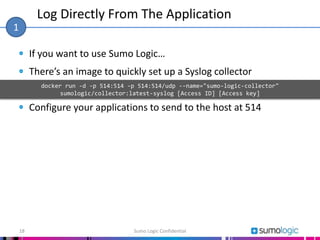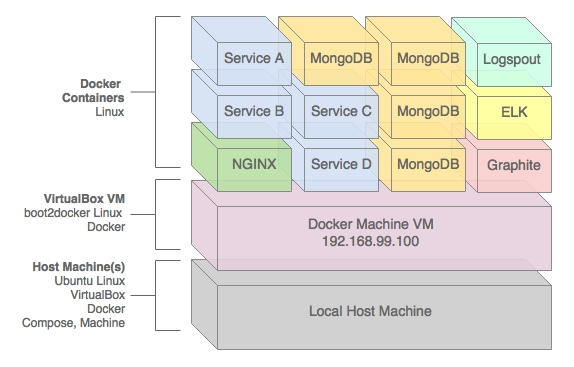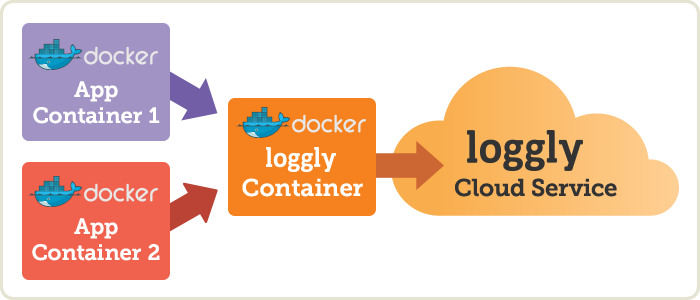

Docker syslog host install#
Install Docker engine: add-apt-repository "deb $(lsb_release -cs) stable"ĭeploy the collector image on the hosting machine by importing the collector configuration. Verify that the apt-key fingerprint UID is apt-key fingerprint | grep uid (apt-get install -y apt-transport-https ca-certificates curl software-properties-common & curl -fsSL | apt-key add - )
Docker syslog host update#
Install Docker engine prerequisites: apt-get update -y apt-get update -yĪpt-get install -y linux-image-extra-$(uname -r) linux-image-extra-virtual If you are installing on Ubuntu 14.04, install the linux-image-extra package. Remove old versions of Docker: apt-get remove docker docker-engine docker.io Modify the yum repo file to use CentOS 8/RHEL 8 packages: sed -i s/7/8/g /etc//docker-ce.repo Remove the container-tools module: yum module remove container-toolsĪdd the Docker CE repository: yum-config-manager -add-repo Install Docker engine: sudo yum install docker-ce Sudo yum localinstall container-selinux-2.7_8.noarch.rpm Sudo yum localinstall fuse3-libs-3.6.86_64.rpm Sudo yum-config-manager -setopt="docker-ce-stable.baseurl=" -save Test Docker installation: docker run hello-worldĪdd Docker repository: sudo yum-config-manager -add-repo Install Docker engine: yum -y install docker-ce Install Docker engine prerequisites: yum install -y yum-utilsĪdd Docker repository: yum-config-manager -add-repo Remove old versions of Docker: yum erase docker docker-engine docker.io

This configuration describes how you should set the log export in your appliances. You can use the copy to clipboard icon.Įxport the expected data source configuration.

The host IP address can be replaced with the machine name, if there is a DNS server (or equivalent) that will resolve the host name.

If your setup typically exceeds 50 GB per hour, it's recommended that you split the traffic between multiple log collectors. In cases of congestion, the log collector starts to drop log files. The log collector has a built-in safety mechanism that monitors the rate at which logs arrive and compares it to the upload rate. I/O performance of the virtual machine - Determines the speed at which logs are written to the log collector's disk. Network bandwidth - Your network bandwidth determines the log upload speed. The main bottlenecks in the log collection process are: The Log collector can successfully handle log capacity of up to 50 GB per hour. If you have an existing log collector and want to remove it before deploying it again, or if you simply want to remove it, run the following commands: docker stop


 0 kommentar(er)
0 kommentar(er)
